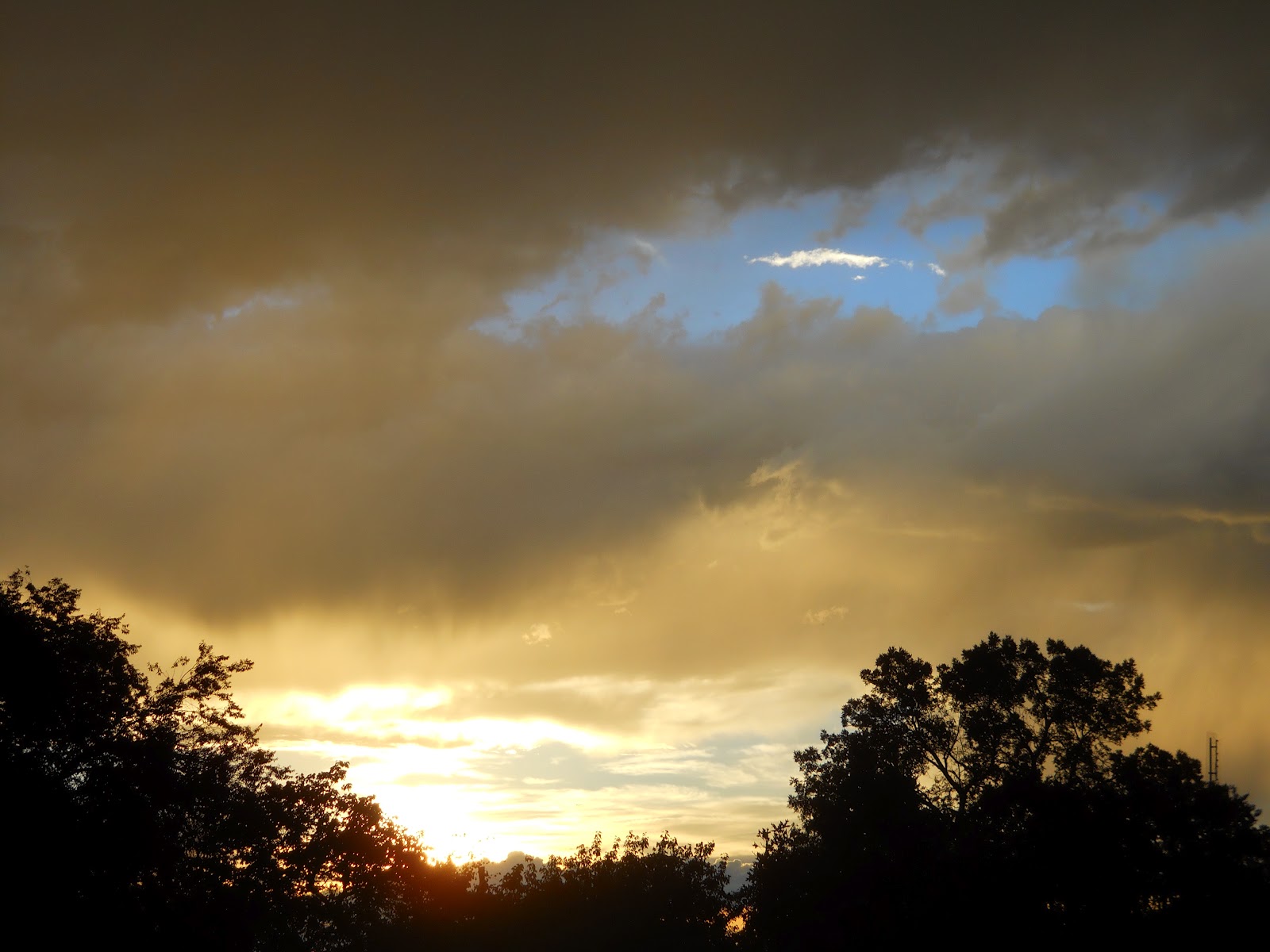 |
| What was left of the barnyard in 2006. Our house is now just off to the right. |
AccuWeather says that it’s 29 degrees Fahrenheit outside,
but I don’t believe it. I know the
temperature of cold around here, and it’s much colder than that outside—probably nineteen or
twenty. I felt it
very sharply when I went outside to feed the chickens, and again when I went to
look for an extension cord to hook up their heat lamp.
I didn’t notice the moon, but the dry cold felt just like on
those moonlit nights long ago when we’d all pile in the old Ford Falcon with
the plastic duck-taped over the triangular vent window. If there was much snow, we’d park at the
single-wide trailer and walk up the rocky lane above the Dugway, where Canyon
Road below dropped off the alluvial fan and cut down into the river bottom.
Let’s say it’s such a night, the sun sinking into the pink,
misty air to the west. Dad pulls just
beyond the driveway to the trailer, which is semi-packed by the renters. Mom, I, Muff (our dog) and Wilbur (our pig)
head up the deep snow of the road, a great round blue hump up the center, a
slanting wood gate in front. The snow is
deep and Muff moves in great playful jumps, exiting and reentering the snow
somewhat like a dolphin at sea. Wilbur
just plows ahead, his nose to the ground, snorting as he goes. I pull my green toboggan sled behind us,
which is loaded with a pot of chili and a pan of corn bread. The snow is deep and soft and the sled
doesn’t pull easy. Several times I have
to lift up and yank it.
 |
The van stuck in 2006. Marci and the boys stand about where Dada always parked.
|
Dad has gone back the other way, to the barnyard, to feed
the animals, and will catch up to us later.
At the gate, I undo a chain and try to open it. It doesn’t open easy. I pull enough so that I can squeeze through. Then I lift up and push as if I were pushing
a stuck car. It slants forward and then
gives all at once. I fear I will fly
forward and over it and land on my face, but I don’t. It’s still not open, but it’s wide enough to
get the sled through.
Mom shines the light ahead and I follow. We don’t talk too much. She has an Eskimo styled coat the creates a
narrow tube around her face—just enough space to see and breathe, so talking is
not easy as the sound gets lost inside the furry tunnel. I don’t have such a coat, but don’t talk too
much either. Pulling the sled is hard
and I’m winded. Because of the workout,
I’m sweating, even though I’m a bit cold.
I’m hot in my coat, especially my head, but my legs are cold and my
hands are numb even with gloves.
There is still a pink horizon. We see the silhouette of Dad cutting across the
hay field to meet us, and he does, just below the pond. He finds the portion of the fence where there
is a wooden X and rail made out of Juniper as it is easier to cross over there
than at the unsupported strands of barbed wire.
King, our steer, has followed him.
We stop and pet the King as Dad hops over the fence. No longer moving, we talk for a bit, before
moving on.
Although there is still quite a bit of light on top, the path
down through the woods to the Cabin is dark and sheltered, the path narrow,
with low, snow-loaded branches waiting to reach out and grab you. We park the sled. Dad carries the big pot of
chili; Mom carries the cornbread; and I, armed with the flashlight, lead the
way. Well, sort of. Muff leaps out in front. Wilbur, by now is bringing up the rear, glad
to walk in the path. I can hear him
snort behind.
About half way down the hill, we startle some deer, which go
crashing off to the right. That in turn
startles Mom, who inhales and screams simultaneously and then bursts into
laughter.
Dad says, “Well, you know that’s going to happen.”
“I can’t help it Joe, I just can’t help it; it gets me every
time.”
It gets Muff too.
He’s nowhere in sight. He’s
darted off into the night, hot on the trail of a small herd of deer.
Finally, we make it to the cabin. There is a clearing here, but no moonlight
yet, so we’re not really aware of it other than that we can sort of make out of
the snow-loaded roof of the cabin, a deep blue in the very last of the day
light. The canyon floor is dark, even in
the clearing, and only the flashlight shows the way.
 |
| The cabin, built in 1978, as viewed last spring with the original roof. It'll need shingles soon. |
We put everything on the porch. I open the door and Dad goes in, grabs the
lantern that is hanging from a hook in balcony, brings it out on the porch and
lights it.
After it is hissing good, we go in, even Wilbur. Muff is still off somewhere. Dad hangs the lantern on the nail, my favorite
part. Light spreads out from the hissing center and warms the lacquered knotty
pine walls, which look like an orange Tootsie Pop as you approach the Tootsie
center.






